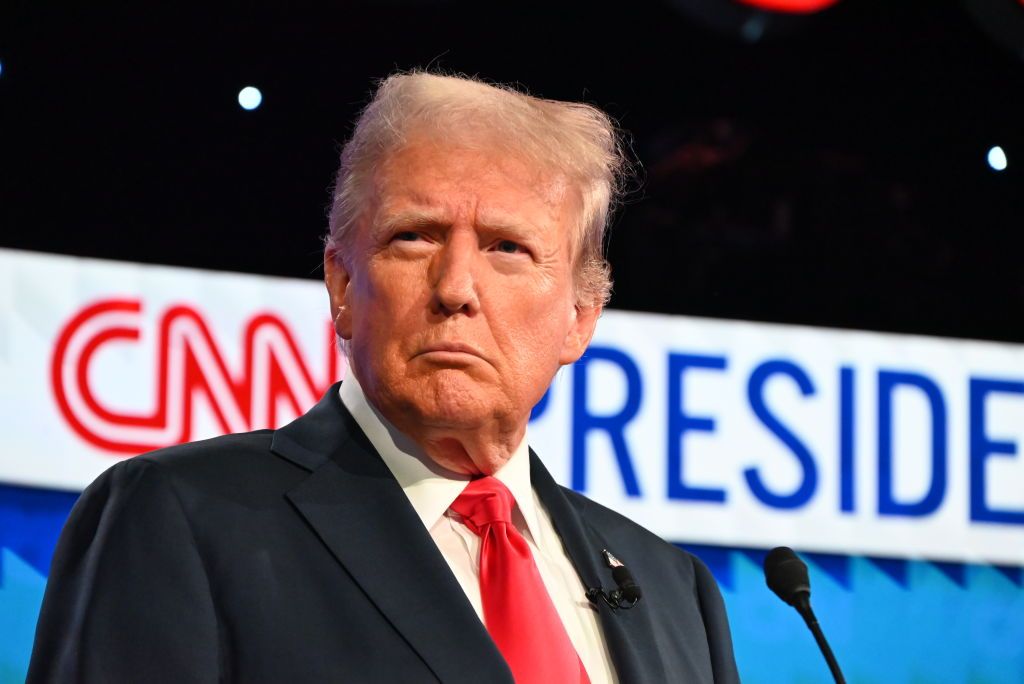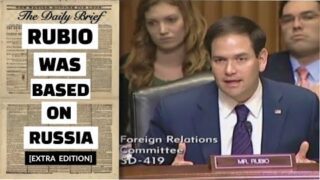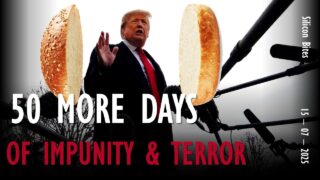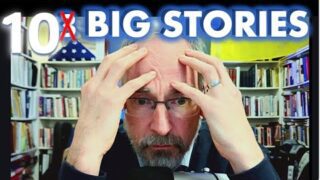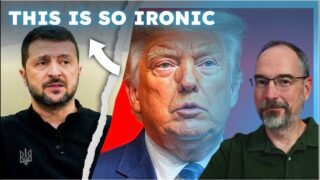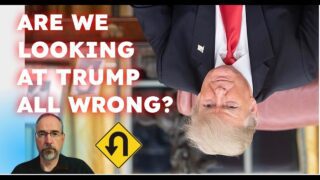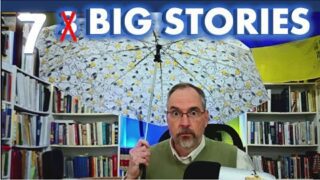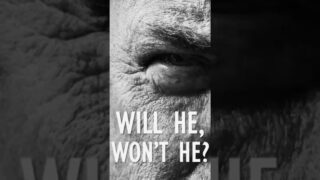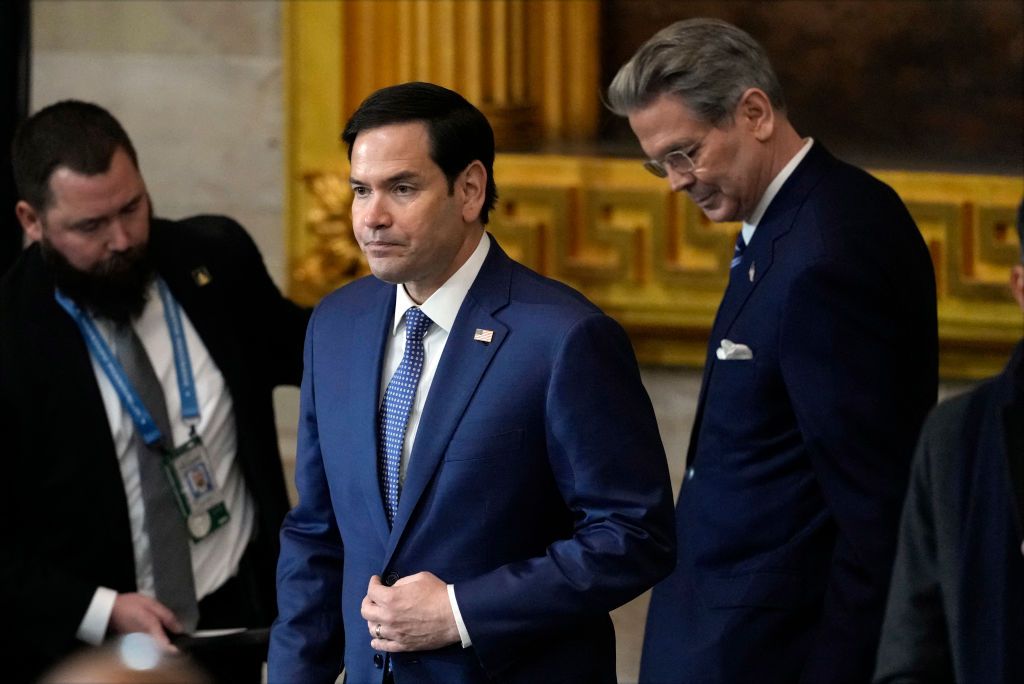
‘It needs to end’ — State Secretary Rubio’s position on Russia’s war against Ukraine
Republican Senator Marco Rubio was confirmed as the new U.S. secretary of state on Jan. 20, becoming the first member of President Donald Trump's new cabinet.
In a rare display of bipartisan consensus, Rubio was confirmed just hours after Trump was sworn in for a second term in the White House.
As state secretary, Rubio will oversee the implementation of Trump’s foreign policy, including that relating to Ukraine and Russia's full-scale invasion — neither of which were directly referred to by the new president during his inauguration speech.
Since Rubio was nominated for the position in early November, the signals coming from Trump and those around him about how the war in Ukraine might end have shifted dramatically, going from a swift end in "in 24 hours," to a much more drawn out process that could take "100 days."
"It’s a complex conflict and a bloody one, and it needs to end," Rubio said after being confirmed.
Regardless of the approach the Trump administration takes, Rubio will be at the forefront of any peace negotiations between Kyiv and Moscow.
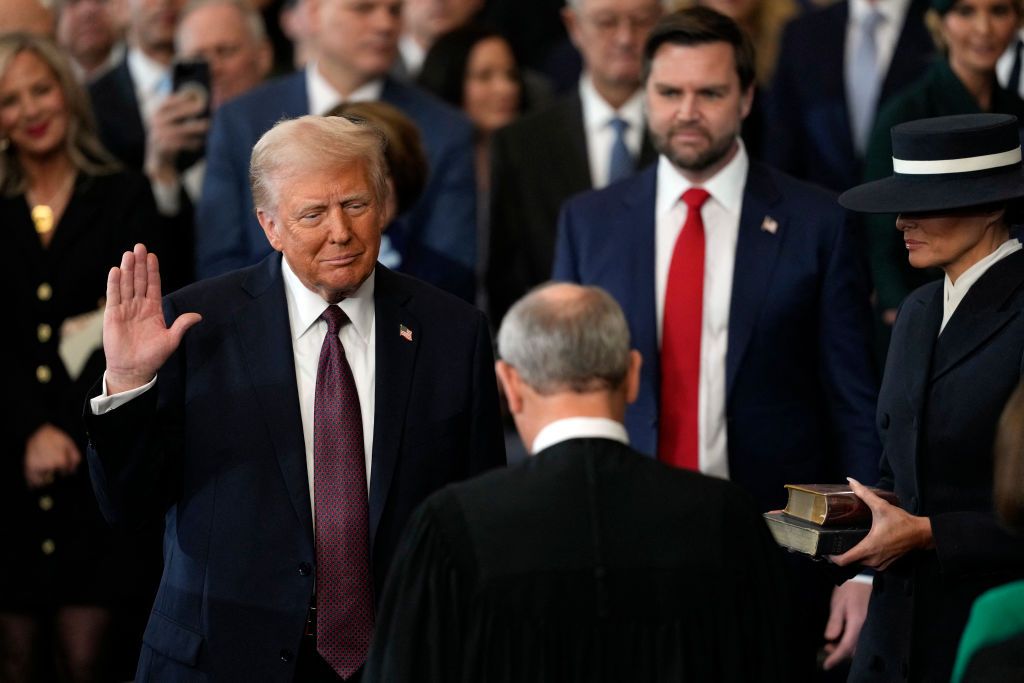

Who is Marco Rubio?
Rubio, 53, is a former Republican senator from Florida. The son of Cuban immigrants, he would be the first Latino U.S. secretary of state.
Rubio ran for the Republican nomination for U.S. president in 2016 but lost out to Trump after a heated, and at times bitter contest. Despite the rivalry at the time, Rubio went on to endorse Trump in 2016, albeit in not the most convincing of terms.
“I disagree with him on many things, but I disagree with his opponent on virtually everything. I wish we had better choices for president,” he said.
He endorsed Trump once again in 2024.
Amid Rubio’s confirmation, Trump revoked the former U.S. President Joe Biden’s last-minute decision to remove Cuba from the U.S. list of state sponsors of terrorism in what became the first foreign policy decree by the new administration.
“Cuba belongs on the list,” Rubio said a few days prior.
How important is the U.S. secretary of state for Ukraine?
The secretary of state job is Washington’s top diplomatic position, and the person in this role is responsible for "carrying out the president's foreign policy decisions and advising the president on issues of international concern," according to the National Museum of American Diplomacy.
Rubio replaces Antony Blinken, who played a leading role in the U.S.-Ukraine relations throughout Russia's full-scale invasion launched in early 2022.
It was Blinken, along with his British counterpart David Lammy, who in September first received President Volodymyr Zelensky's detailed account of why Ukraine needs permission to strike targets deep inside Russia using Western missiles.
Blinken has made numerous important announcements regarding Ukraine, including humanitarian assistance from the U.S., the provision of air defenses, and F-16 fighter jets. He has also made numerous trips to Kyiv during Russia’s full-blown war against Ukraine.
While on the job, Blinken was largely supportive of Ukraine and of providing Kyiv with what is needed to fight back against Russia's invasion.
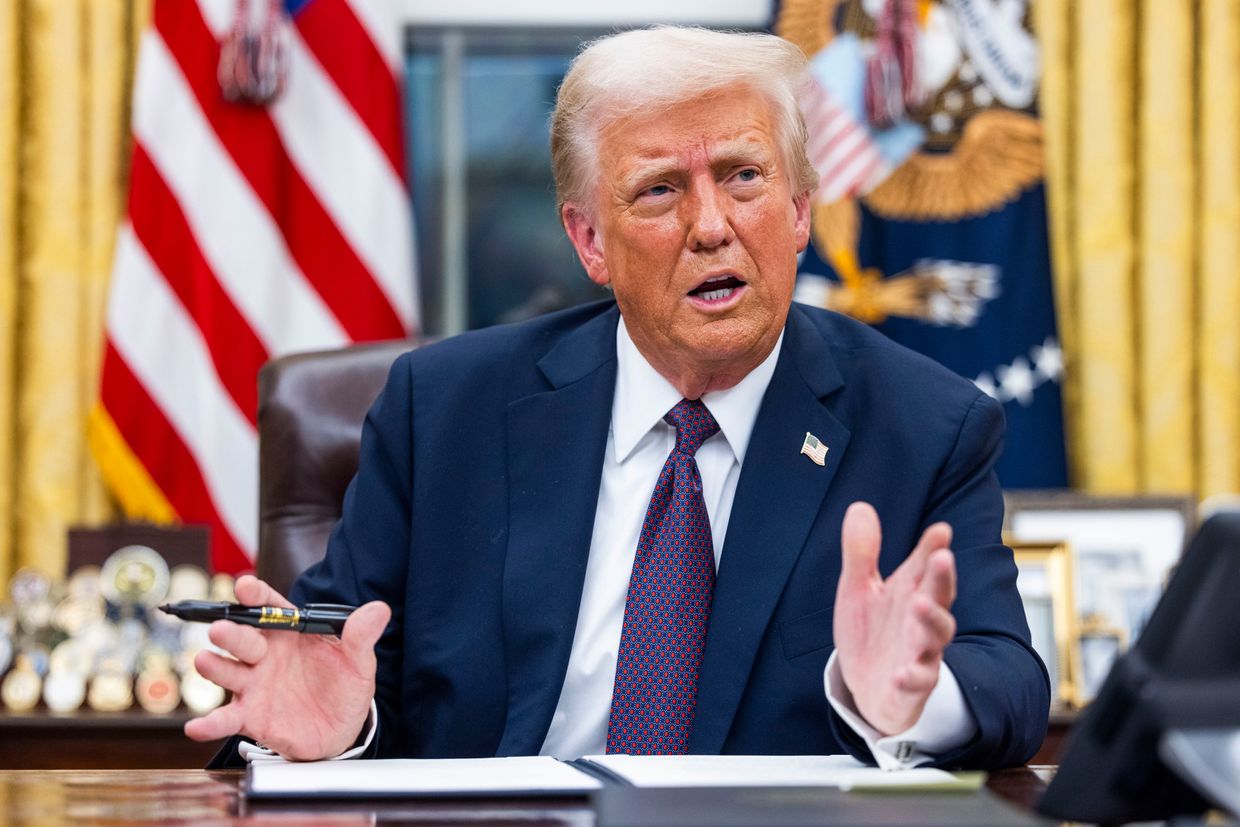

What has Rubio said about Ukraine?
Rubio has publicly praised the bravery of Ukrainian defenders but was among the 15 Republican lawmakers in the Senate who voted against the $61 billion aid package for Ukraine in early 2024. Its delay severely hampered Ukraine's fight against Russian forces.
In terms of a resolution to the war, Rubio's statements and actions have been very much geared towards negotiation and an end to the fighting rather than giving Ukraine what it needs to push Russian forces from its territory.
"I think the Ukrainians have been incredibly brave and strong in standing up to Russia," Rubio said on Nov. 6.
"But at the end of the day, what we are funding here is a stalemate war, and it needs to be brought to a conclusion, or that country is going to be set back 100 years."
In September, he insisted he was "not on Russia’s side" but that the "reality of it is that the way the war in Ukraine is going to end is with a negotiated settlement."
"I would be comfortable with a deal that ends these hostilities and that I think is favorable to Ukraine, meaning that they have their own sovereignty, that they don’t become a satellite state or a puppet state that is constantly held hostage by the Russians. I’m not going to prejudge any agreement."
Rubio has refrained from setting out any kind of timeline, and based on public statements, it's been left up to other members of the Trump administration to manage expectations.
On the campaign trail, Trump repeatedly said he could end Russia's war within 24 hours if elected president, without ever elaborating on how he planned to achieve it.
After winning the presidential election in November, these expectations were significantly dampened by Keith Kellogg, Trump's choice for special envoy for Ukraine and Russia, who said adjusted the timeline to within 100 days.
Asked on Jan. 20 about a timeframe for ending the war, Rubio did not provide any specific deadline but said that negotiating a ceasefire would be a "top priority to the president, so it’ll (begin) almost immediately."
"In fact, some of that’s already begun. You would hope that some of the groundwork has already been laid, but it’ll be complex. I mean, it’s a complex conflict and a bloody one, and it needs to end," he was quoted as saying by CNN.
What might this peace deal look like in reality?
It's too early to say what sort of peace deal Trump's new administration will pursue and be able to forge.
"I don’t — couldn’t put a time frame on it, other than to say that anytime you bring an end to a conflict between two sides, neither of whom can achieve their maximum goals, each side is going to have to give up something," Rubio said on Jan. 20, without specifying what these concessions might be.
"Russia is the aggressor in this conflict, but this war needs to end. And ultimately, that’s the complexity of foreign policy."
Some reports in recent months have provided clues as to the shape of any peace process.
The latest report came last month when the Financial Times, citing its sources close to Trump's team, reported that he planned to freeze the war.
According to the paper, the new Vice President J.D. Vance, in September outlined the idea of freezing the war by establishing autonomous regions on both sides of the demilitarized zone and leaving Ukraine outside the NATO military alliance.
According to one of Trump's longtime advisors, the new plan would rethink the failed Minsk agreements of 2014 and 2015, which were never implemented.
The agreements contained a plan that would create temporarily autonomous zones in Russian-occupied parts of Donetsk and Luhansk oblasts which would later be fully reintegrated with the rest of Ukraine. Occupied Crimea was not mentioned in the Minsk agreements.
In July, Politico reported that Trump was reportedly considering the possibility of making a deal with Russia to block the future NATO accession of certain countries, namely Ukraine and Georgia.
One of the sources told Politico that Trump "would be open to something foreclosing NATO expansion and not going back to the 1991 borders for Ukraine.
Zelensky and other Ukrainian officials have pushed back against the notion of any sort of ceasefire that would cement Russia's battlefield gains.
“When (Putin) gains strength, he might issue an ultimatum — to recognize all occupied territories, to stay out of NATO, to forget about European integration,” Zelensky said in June.“And there will be many such conditions, depending on how strong (Putin) is at that moment. Therefore, a ceasefire is a trap,” Zelensky added.
